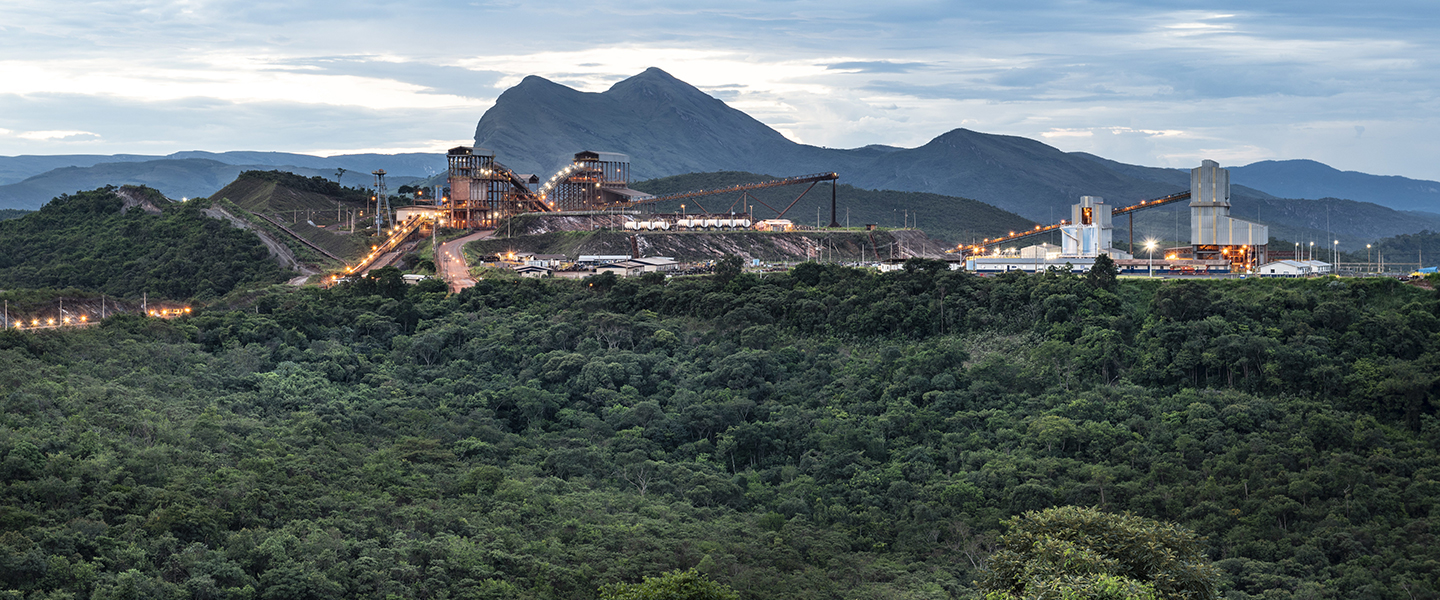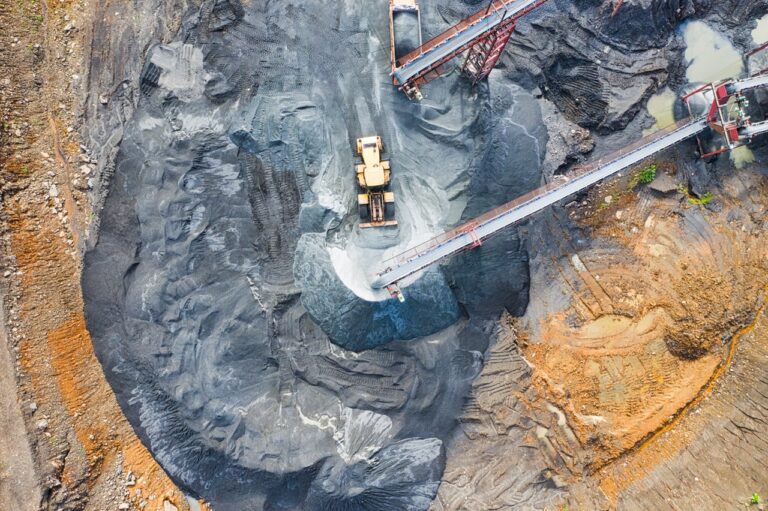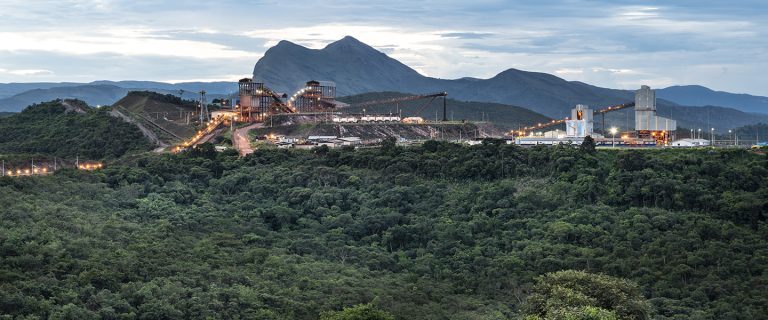Anglo American plc (LON:AAL) has announced that its newly launched LNG dual-fuelled Capesize+ vessel, the Ubuntu Harmony, has loaded its first cargo of iron ore from its Kumba operations in South Africa.
The vessel is the first of ten LNG dual-fuelled new-build ships that Anglo American will introduce to its chartered fleet during the course of 2023 and 2024, delivering an estimated 35% reduction in CO2 emissions compared to ships fuelled by conventional marine oil fuel. The use of LNG will also lead to a significant reduction of nitrogen oxides and particulate matter from vessel exhausts, while new technology also eliminates the release of unburnt methane.
The Ubuntu fleet is a key component of Anglo American’s ambition to achieve carbon-neutrality for its controlled ocean freight by 2040 – with an interim target to reduce emissions from these activities by 30% by 2030 – all part of Anglo American’s wider ambition to halve Scope 3 emissions by 2040.
Peter Whitcutt, CEO of Anglo American’s Marketing business, said: “We are proud to see the Ubuntu Harmony begin its voyage transporting future-enabling products from our mines to our customers around the world. This milestone cements our vision to be a leader in low carbon shipping, a natural extension of our commitment to achieve carbon neutrality across our operations by 2040.”
Nolitha Fakude, Group Director of Anglo American for South Africa, said: “The metals and minerals we provide play an important role in helping key industries decarbonise. Transporting them in a sustainable way is a key part of this effort and the introduction of the Ubuntu fleet – named after the Zulu word meaning ‘humanity to others’ – helps us accelerate our transition to sustainable ocean freight.”
Anglo American has established a comprehensive framework of initiatives for the decarbonisation of its maritime activities, including energy saving devices fitted to existing vessels, the use of voyage optimisation software, and a focus on exploring, trialling and adopting alternative, sustainable fuel options – such as LNG, sustainable biofuel, green methanol and ammonia, and – further down the line – hydrogen.






































